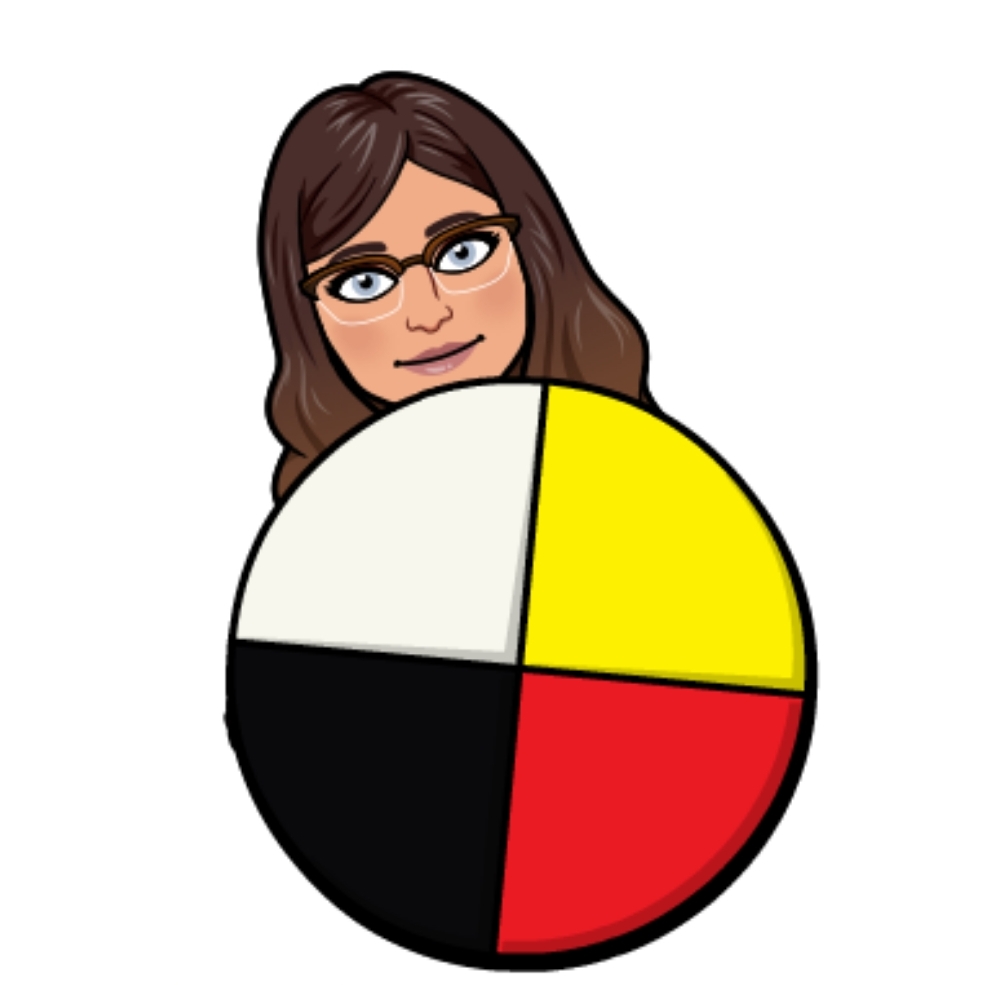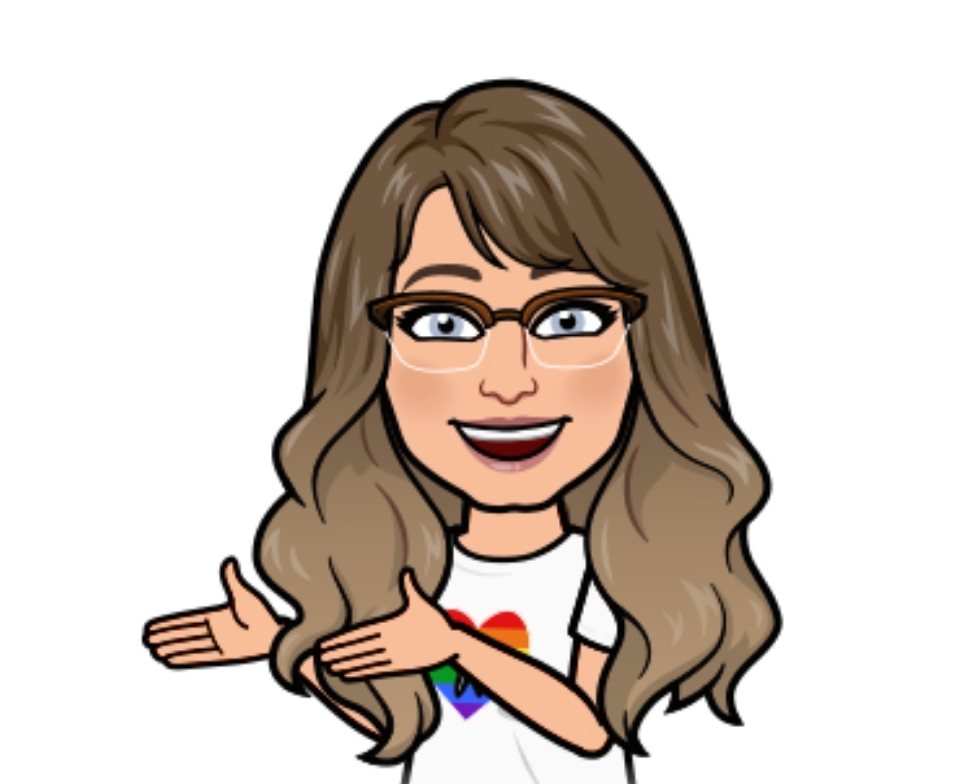Reinhabitation & Decolonization
The concept of reinhabitation and decolonization is rooted in the fact that Indigenous people share a deep connection with the land and their culture. “Learning from Place: A Return to Traditional Mushkegowuk Ways of Knowing” is a research project completed by Jean-Paul Restoule, Sheila Gruner, and Edmund Metatawabin. In the project, they worked to discover the ins and outs of reinhabitation and decolonization. They did so by creating an audio documentary about taking a trip down the Albany River which served as a, “decolonizing process of re-membering as younger generations were re-introduced to traditional ways of knowing.”

According to Restoule et al. (2013), reinhabitation and decolonization can be defined as:
Reinhabitation:
Identify, recover, and create material spaces and places that teach us how to live well in our total environments that teach us how to live well in our total environments.
Examples of Reinhabitation in the Project:
- The research project itself was an attempt to recover indigenous knowledge.
- The community choosing the Albany River as a theme for the research project.
- Having the youth of the community involved in the research project as a way to bring the community together.
Decolonization:
Identify and change ways of thinking that injure and exploit other people and places.
Examples of Decolonization in the Project:
- After the community became threatened due to mining, there was a “resurgence of Indigenous identities and cultural practices.”
- Youth conducting interviews to identify the true role of the land and the community.
How would I adapt the Research Project’s ideas about Reinhabitation and Decolonization?

- Similar to this project, I would involve my school community or classroom community in a project that seeks to revive the Indigenous ways of knowing for the community of the school.
- I would encourage students to discover their own personal connections to land and history. After they were done this, I would ask them to consider how it would feel if they were not allowed to have their history or know their familial/cultural traditions.
- I would encourage conversations that discuss the destructive nature of colonization and ways that we can work towards decolonizing society.